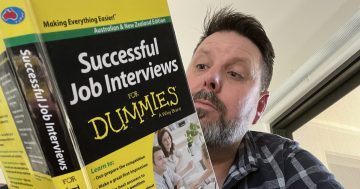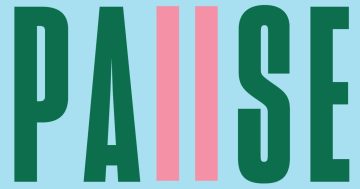Rachel Pelta* offers advice to help job seekers make the most of the interview process to find their perfect match.

When it comes to a job interview, you expect that the hiring manager will ask you a lot of questions.
Some may be standard and some may be curveballs, but either way, you know you’ll be doing most of the answering.
However, most interviews include some time at the end to ask your questions.
This is your chance to interview the employer and learn more about the company.
And while there are plenty of questions you can ask, take some time to plan out not just what you want to ask but how you’re going to ask it to ensure you get the most helpful answers.
Plan ahead
As you prepare for your interview, you’ll research the company, its culture, and the position.
And as you research, you’ll probably have some questions that more research can’t answer.
Bring these questions with you.
This way, you’ll be ready to go with insightful, uncommon questions that will “wow” the hiring manager.
Take notes
Taking notes throughout the interview gives you a document to refer to when you write your thank-you note (and consider the pros and cons of the job).
Your notes will also help you track which of your questions the interview answers and any new ones that pop up.
For example, during the interview, you may decide there are some key differences between what was in the job posting and how the hiring manager describes the job.
Jotting down a question about the differences ensures you don’t forget to ask for clarification when it’s your turn.
Use your time wisely
Often, your chance to ask questions is at the very end of the interview, and you may run out of time to ask them all.
So, ask your most pressing questions first to ensure you get the crucial information, and ask follow-up questions if you need to.
Because most interviewers will keep an eye on the clock, they’ll likely offer you the opportunity to email them any unanswered questions.
And if they don’t, you can save those questions for later interviews or after you get an offer.
Make your questions about them
While your questions should help you figure out if the employer is a good fit, avoid questions that focus on what the employer can do for you.
Though the tables are turned, ultimately, it’s the employer that decides to extend an offer (or not), so frame your questions around the employer’s needs, not your wants.
For example, if things like vacation, salary, or bonuses are deal-breakers for you, you should consider asking clear, direct questions about these topics.
But if they aren’t deal-breakers, consider asking your questions “indirectly” by focusing the question on what you can do for the employer.
Instead of asking, “How big of a bonus can I expect?” you can say, “How will my performance be measured, and what can I do to exceed your expectations?”
Reframing the question this way helps you learn more about what would be expected of you and how the company will measure your overall success instead of focusing on the benefit to you (the bonus).
Throw it back to them
The last question to ask is one that gives the interview back to the employer.
Something like, “Are there any questions I haven’t answered?” or “Do you need any more details from me?” gives the employer a chance to get their lingering questions answered and will let them take the lead closing out the interview.
It goes both ways
The most important thing to remember is that a job interview is a two-way street.
As much as the employer wants to find out if you’re a good fit for the role and can do the job, you need to find out if the employer is a good fit for you and you want to do the job.
Take advantage of the opportunity and ask insightful questions to help you figure this out.
*Rachel Pelta is a Content Coordinator for FlexJobs.
This article first appeared at flexjobs.com.












